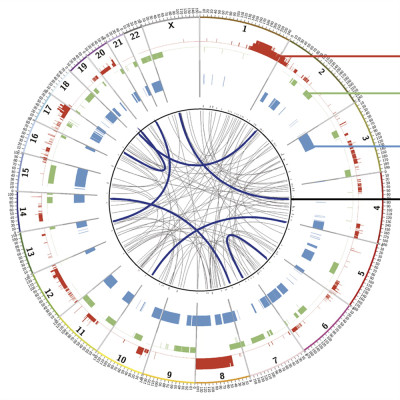Abstract
BRCA1 and BRCA2 germline mutation-associated breast cancers are known to be deficient in the process of homologous recombination and often respond favorably to drugs targeting this important DNA repair pathway. There is emerging evidence that a significant proportion of patients with BRCA1/BRCA2 wild-type breast cancer are also deficient in homologous recombination, and it is hypothesized that these patients may derive similar benefit from drugs targeting this pathway. Current research has focused on the development of a companion diagnostic to identify these sporadic BRCA-like tumors. This review outlines the various approaches that researchers have taken to predict homologous recombination deficiency as part of correlative biomarker work in various studies and clinical trials in breast cancer. As some of these tests of homologous recombination deficiency move closer to clinical use, understanding the approach and limitations of each is of relevance to clinicians who treat patients with breast cancer.
